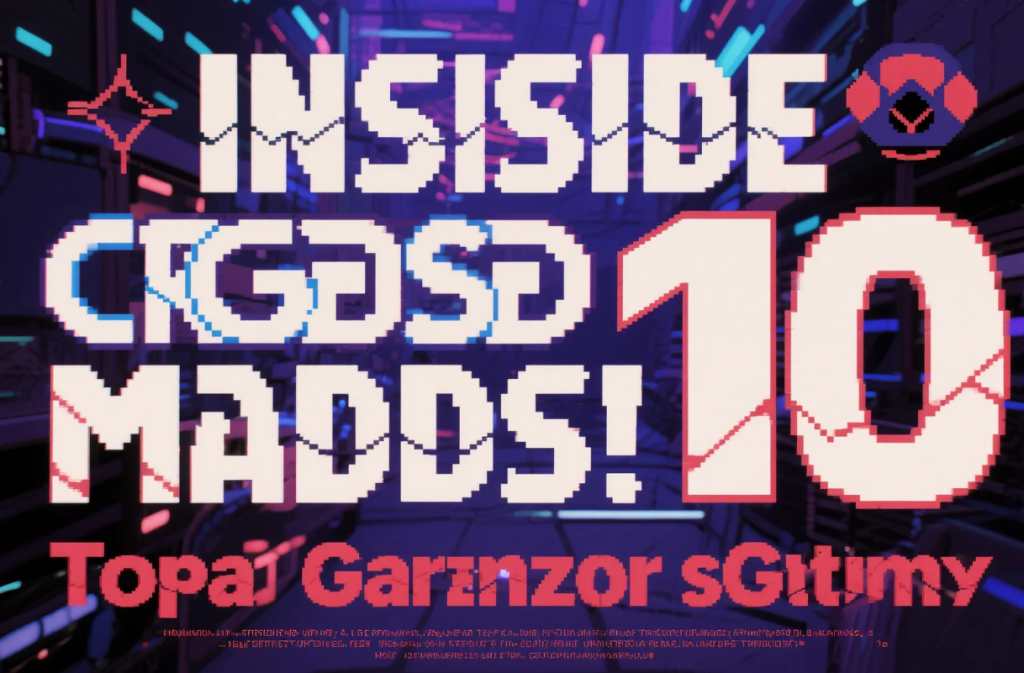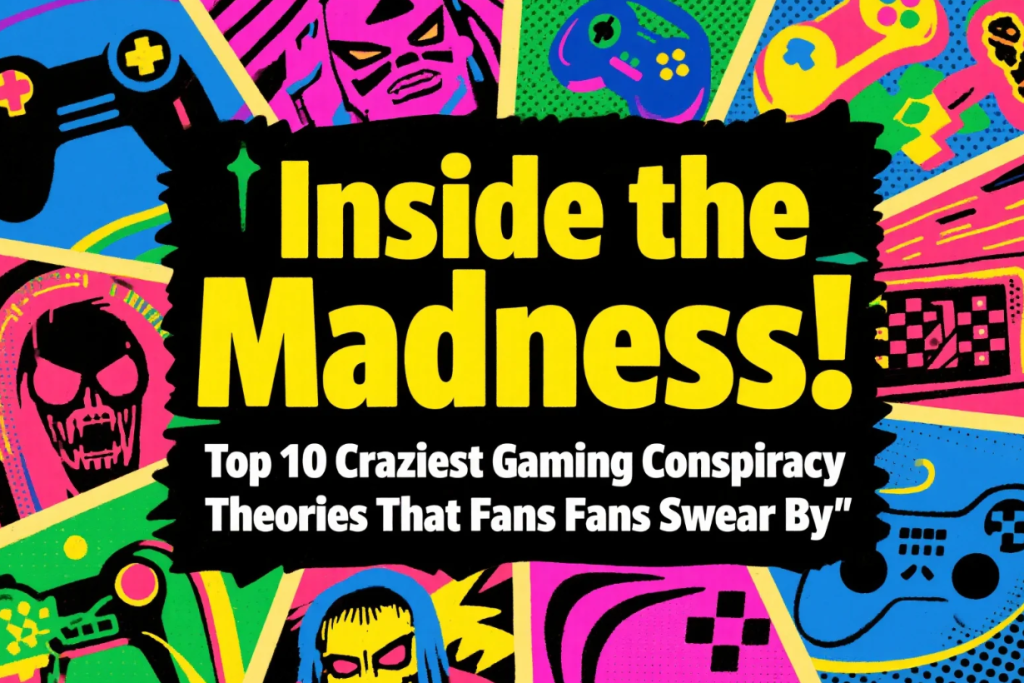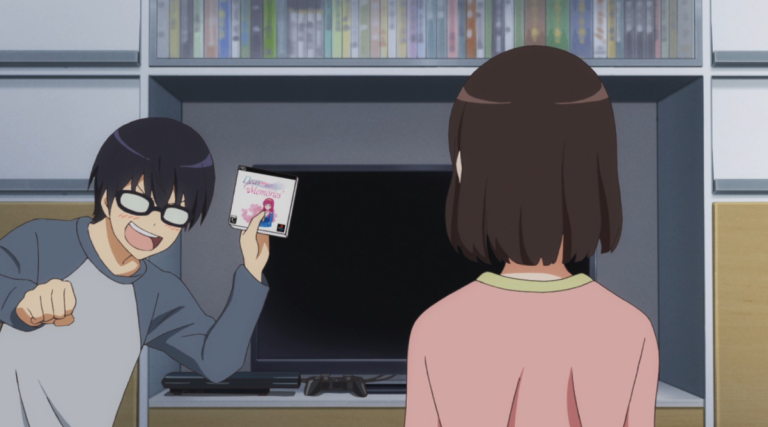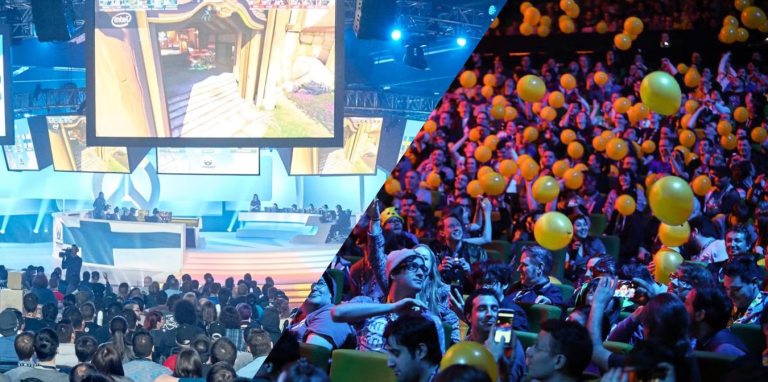
When you think about gaming, you probably picture leveling up, squad battles, or chasing that elusive achievement. But there’s a whole other side to the gaming world—a secret, buzzing hive of wild theories and passionate debates crafted by fans. Gaming conspiracy theories. These mind-bending speculations turn ordinary games into epic puzzles, drawing players into mysteries far beyond the screen. Today, let’s dive into the top 10 craziest gaming conspiracies and see how they shape gaming culture in the most fascinating ways.
I remember hanging out with a group of friends who are huge Zelda fans. Out of nowhere, one of them whispered, “What if Link is actually dreaming all of this? That the whole adventure happens in his coma?” At first, we all laughed — come on, how wild can that be? But the more we thought about it, the more it made sense. Suddenly, the game wasn’t just a quest to save Hyrule; it became a haunting story about reality and illusion. These kinds of theories add layers to games that make players want to explore every nook and cranny.
Fans have an endless supply of creativity. Take Assassin’s Creed — some believe the historical storylines are a front for a secret modern conspiracy, a critique of real-world power dynamics. Imagine forums buzzing with players discussing not just game mechanics but societal issues, using the game as a lens to analyze the world. The game stops being just entertainment and becomes a mirror reflecting reality.
Some conspiracies breathe new life into classic titles. Fans of Final Fantasy VII often debate whether Cloud died early on and everything we see is his hallucination. I have a friend who’s replayed the game multiple times just to catch new hints and emotions tied to this theory. It’s proof that these ideas don’t just inspire fan fiction—they create deeper emotional connections and even foster community as players share their interpretations.
One of the most thrilling kinds of fan theories revolves around hidden Easter eggs and secret content. For example, the Resident Evil series has a conspiracy that some in-game virus secrets are somehow tied to real-world experiments. This blurs the line between fiction and reality in a way that turns gaming into a giant treasure hunt. Just like when we were kids discovering secret compartments in toys, uncovering these hidden gems brings an unbeatable rush.
Then there’s the dynamic between developers and players—the so-called “hidden dialogue.” Dark Souls is legendary for this, where the lore is scattered and vague, forcing fans to become detectives. I once attended a gaming meetup where a player passionately connected the game’s world to philosophy and psychology. Everyone listened, hooked on every word. This kind of deep analysis builds a tight-knit community where the game becomes a shared language for exploration and discovery.

Sure, some theories might sound far-fetched, but that’s the beauty of gaming culture. Through videos, streams, forums, and social media, fans spread their ideas and create all sorts of spin-offs—fanfiction, art, even mods. I know someone who spent months testing a particular conspiracy and ended up uncovering an official secret nobody had publicized before. That dedication is both inspiring and a testament to how seriously fans take their passion.
Why are these conspiracies so popular? Because they satisfy our hunger for mystery and the unknown. Every little detail in a game could be a clue, a wink from the designers, or just a player’s imagination running wild. Regardless of the truth, these theories enrich the gaming experience, turning players from mere users into explorers and storytellers.
What’s more, these fan theories keep communities alive and buzzing. Someone drops a new idea, suddenly they’re the star of the forum, sparking debates and making new friends along the way. Personally, I’ve made some of my closest friends through these shared gaming mysteries—we’ve teamed up online and even met up in person, all bonded by these crazy theories. Gaming isn’t just about the pixels on screen—it’s about the people and stories we create together.
Of course, there’s a flip side. Sometimes these theories can confuse newcomers or lead to overthinking. But mostly, they’re a cultural phenomenon and a heartfelt expression of fandom. Like loving ghost stories around a campfire, conspiracy theories add excitement and depth to our games, making them unforgettable.
In the end, fan conspiracy theories are more than just fun guesses. They fuel the evolution of gaming culture, turning simple entertainment into vast worlds full of secrets and stories. So next time you boot up your favorite game, keep an ear out—maybe your friends have some secret theory waiting to blow your mind. After all, gaming isn’t just about what’s on screen, it’s about the endless adventure inside every player’s imagination.
![]()


